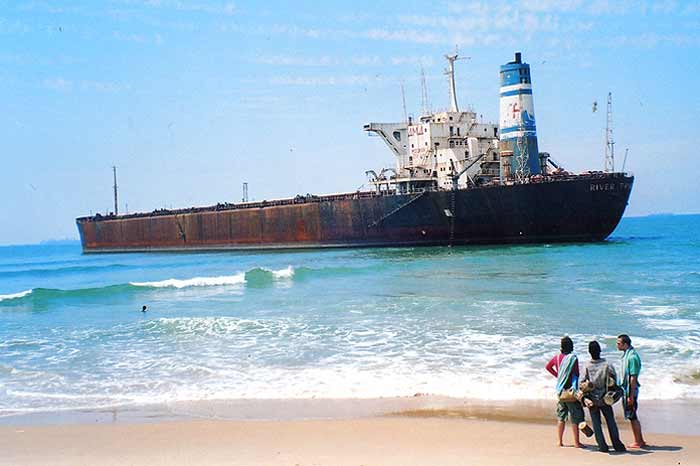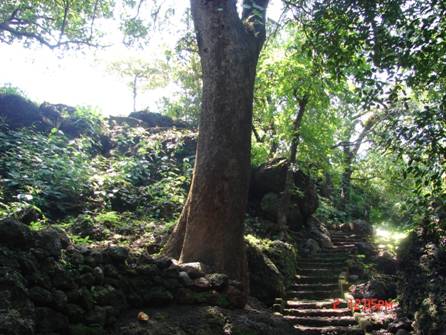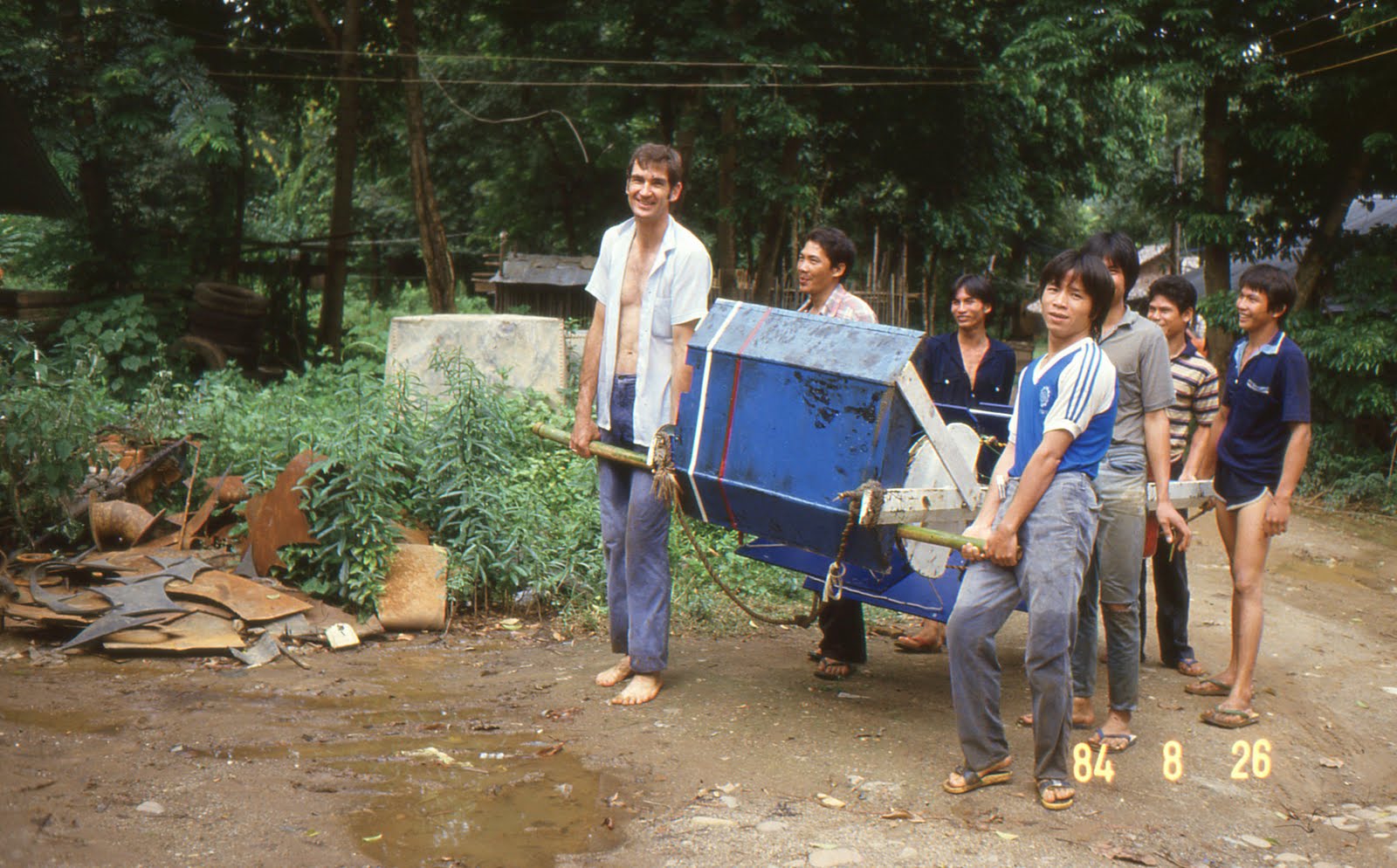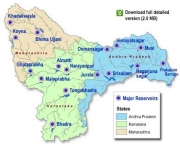/topics/governance
Governance
Performance audit of Accelerated Irrigation Benefit Programme (AIBP) by CAG (2010)
Posted on 23 Jan, 2011 07:29 PMThe audit was conducted as a follow up audit of the earlier report on AIBP (No 15 of 2004) to assess whether the performance of AIBP had improved, and also whether the key issues highlighted in the earlier report had been appropriately addressed.
National disaster management guidelines - Management of floods (2008)
Posted on 21 Jan, 2011 06:35 PMThese guidelines aim at minimising vulnerability to floods and consequent loss of lives, livelihood systems, property and damage to infrastructure and public utilities due to disasters such as floods.
Towards ruin: Regularisation rather than regulation has become the norm in our coastal policy at present, which is actively undoing one of India’s most significant environmental regulations - Claude Alvares
Posted on 21 Jan, 2011 03:58 PM
MV River Princess Stranded for 10 years now, the grounded ship has been wreaking ecological havoc on Candolim beach in Goa
Indira Gandhi’s concerns about protecting the ecology of India’s coasts, which held sway for almost 20 years, are being subverted under a regime supervised by her daughter-in-law and grandson.
Sustainable water management initiatives in Konkan under threat - A report
Posted on 21 Jan, 2011 02:09 PMGuest Post by: Parineeta Dandekar
At the first sight, Daarche Paani (‘water at the doors’) appears unreal.. on a small flat plateau called ‘Sadaa’ in konkan, an elegant cobbled walkway leads a puzzled visitor to stairs carved in stone, which go down to an ancient grove, and here is an intricate system of tanks, channels and falls which supplies water to the Panderi village and goes down as a free flowing stream, to irrigate a plantation of arecanut, pepper and mangoes in a village called Gudaghe. When I visited the place, I could see three eminent visitors, a silent lady washing her load of clothes, a fairy bluebird splashing at a tank and a huge moonmoth in one of the trees.
 Stone walkway and ancient mango trees leading to Daarche Paani.
Stone walkway and ancient mango trees leading to Daarche Paani.
Photo: Parineeta Dandekar
Briscoe on the Indus treaty - A response from Ramaswamy Iyer - Economic and Political Weekly
Posted on 21 Jan, 2011 09:11 AMThis paper published in the Economic and Political Weekly, provides a critique of the writings by John Briscoe on the implementation of the Indus Waters Treaty and argues that it is a biased and a one sided presentation of issues, which ridicules and ignores the attempts made by India at negotiating with Pakistan and reaching a peaceful agreement over the water issue.
Whose water? Privatisation of water, a bane for consumers
Posted on 18 Jan, 2011 11:47 PMAll of us have felt the joy of slaking one's thirst with water, washing away the unforgiving heat of a Delhi summer with a cool glass of water. But have you ever paused to think about where we get our water from? How are we using this resource? Is it finite or will be always get clean water, everyday, for all our needs?
India s groundwater challenges and the way forward
Posted on 18 Jan, 2011 11:42 PMIndia’s Groundwater Challenge and the Way Forward
P S Vijay Shankar , Himanshu Kulkarni , Sunderrajan Krishnan
The groundwater crisis is acquiring alarming proportions in many parts of the country. Strategies to respond to groundwater overuse and deteriorating water quality must be based on a new approach involving typologising the resource problems and redefining the institutional structure governing groundwater. This approach is based on the notion of groundwater as common property.
Linear turbine developed in New Zealand - Trials, drawings, videos
Posted on 18 Jan, 2011 11:17 PMMark 1 model ready for launch 1984

Trials in Pai river northern Thailand 1986
The report of the Krishna Water Disputes Tribunal-II (2010)
Posted on 18 Jan, 2011 08:26 PM KWDT-II freshly assessed the yearly yields in the Krishna and determined the award on the basis of the yearly yield at 65 per cent dependability which was assessed at a total of 2,293 tmcft.
KWDT-II freshly assessed the yearly yields in the Krishna and determined the award on the basis of the yearly yield at 65 per cent dependability which was assessed at a total of 2,293 tmcft.
In its order, announced in an open court, the tribunal allocated a total share of 1,001 tmcft to Andhra Pradesh, 911 tmcft to Karnataka and 666 tmcft to Maharashtra with certain restrictions imposed on each State in keeping with the dependable flows of the rivers on which the allocations have been made. The allocation under the first award (KWDT I) was 811 tmcft for Andhra Pradesh, 734 tmcft for Karnataka and 585 tmcft for Maharashtra.
Managing Natural Resources -A report by IDSAsr
Posted on 18 Jan, 2011 04:24 PMThe scarcity value of natural resources has risen due to rising pressure of human population and demands made by modern economics progress. As such managing these resources has become very important.





